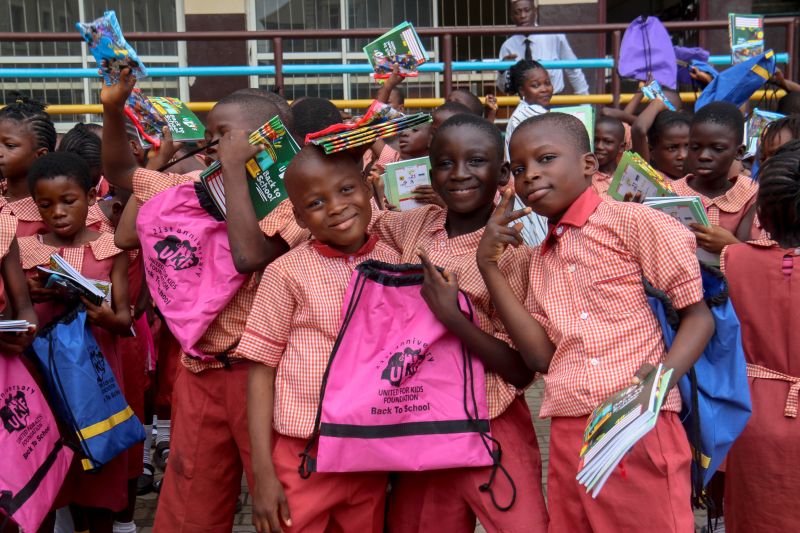Education: Creating Child-Friendly Policies for Sustainable Development

Education: Creating Child-Friendly Policies for Sustainable Development
Education plays a vital role in creating a sustainable future, and child-friendly policies are essential in ensuring that every child has access to quality education. By prioritizing education, we can equip children with the knowledge, skills, and values necessary to become active contributors to their communities and the world at large.
Child-friendly policies in education should focus on inclusivity, equity, and accessibility. This includes providing safe learning environments, trained teachers, and relevant curricula that cater to diverse needs and abilities. Additionally, policies should address the socio-economic barriers that prevent many children from accessing education, such as poverty, inequality, and discrimination.
Investing in education is crucial for sustainable development. Educated children are more likely to grow into capable and responsible citizens who can contribute positively to their communities and the nation. Education also has a multiplier effect, as educated individuals can drive innovation, entrepreneurship, and economic growth.
To achieve this vision, governments, policymakers, and stakeholders must work together to develop and implement child-friendly policies that prioritize education. This includes allocating sufficient resources, promoting teacher training and development, and engaging with local communities to ensure that education is accessible and relevant to their needs.
By creating child-friendly policies and prioritizing education, we can build a brighter future for all children and contribute to sustainable development. As the United Nations’ Sustainable Development Goal 4 emphasizes, “Ensure inclusive and equitable quality education and promote lifelong learning opportunities for all.” By working together, we can make this vision a reality and create a more just, equitable, and sustainable world for future generations.






